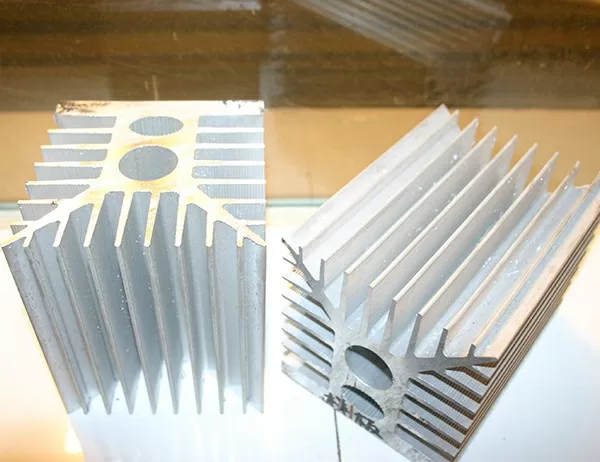The Environmental Impact of Aluminum Track Profiles: A Silent Culprit
Aluminum track profiles, ubiquitous components of today’s modern interiors, often escape scrutiny when it comes to their environmental impact. However, beneath their sleek façade lies a hidden footprint that demands attention.
Embodied Energy and Carbon Emissions
The production of aluminum track profiles is an energy-intensive process. The raw aluminum ore, bauxite, must be mined, refined, and smelted, each step consuming vast amounts of energy and releasing significant greenhouse gases. The carbon emissions associated with aluminum production are among the highest of all metals.
Waste Generation
Aluminum track profiles are typically extruded, a process that generates large quantities of scrap metal. This scrap must be disposed of properly, often ending up in landfills or incinerators, leading to further environmental degradation and pollution.
Resource Depletion
Aluminum is a finite resource, and its extraction has significant environmental consequences. Mining bauxite can result in deforestation, soil erosion, and water pollution. Additionally, aluminum smelting can deplete energy resources, such as natural gas and electricity.
Health Hazards
The mining and processing of aluminum can release toxic chemicals into the environment, including fluoride, sulfur dioxide, and nitrogen oxides. Exposure to these pollutants can have adverse effects on human health, ranging from respiratory problems to neurological disorders.
Sustainable Alternatives
Recognizing the environmental impact of aluminum track profiles, manufacturers and consumers can explore sustainable alternatives. These include:
Recycled Aluminum: Using recycled aluminum significantly reduces the energy and emission costs associated with production.
Composite Materials: Composite materials, such as fiberglass-reinforced polymers, offer similar strength and durability to aluminum but with a lower environmental footprint.
Sustainable Wood Products: Certified wood products from sustainably managed forests can be a responsible choice for track profiles.
Conclusion
The environmental impact of aluminum track profiles is often overlooked but undeniable. Embodied energy, carbon emissions, waste generation, resource depletion, and health hazards all contribute to their footprint. However, by embracing sustainable alternatives and raising awareness about this hidden culprit, we can mitigate its impact and create a greener future.




